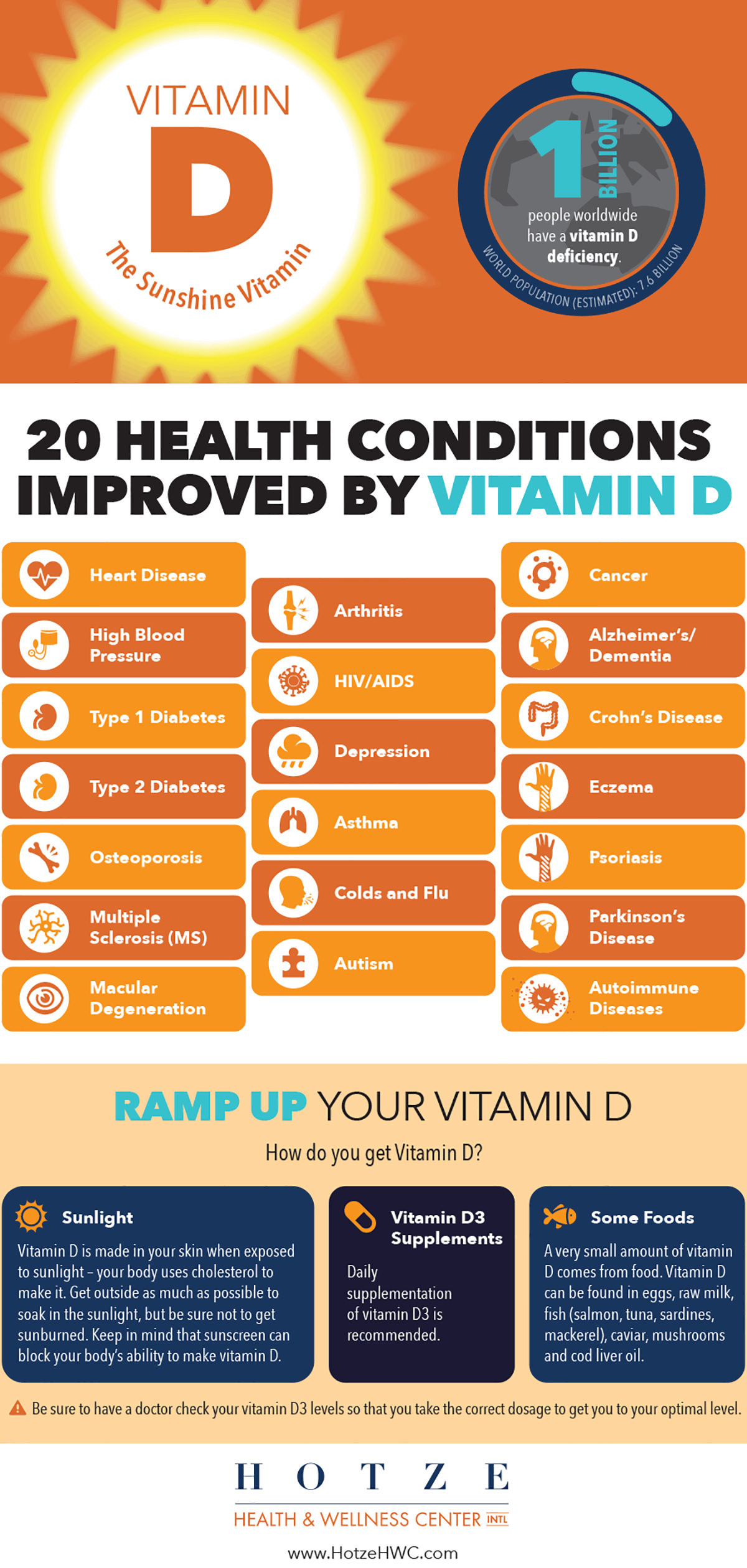Dementia is one of the main reasons for dependency and disability in elderly individuals globally, which affects behaviors and thinking as one gets older. Genetic research indicates a direct association between vitamin D deficiency and dementia.1✅ JOURNAL REFERENCE
DOI: 10.1093/ajcn/nqac107
The study looked at the impact of very low levels of vitamin D on stroke and dementia risk, making use of robust genetic analyses in a large population.
Dementia is a progressive or chronic syndrome that results in cognitive function deterioration. Over 55 million individuals have dementia worldwide with 10 million new cases of dementia diagnosed annually.
Investigating the connection between neuroimaging features, vitamin D, and stroke and dementia risk, the study discovered:
- Low vitamin D levels were linked to reduced brain volumes and an elevated stroke and dementia risk
- Genetic analyses established a causal effect between deficiency in vitamin D and dementia.
- In certain populations, about 17% of dementia cases are preventable by increasing vitamin D to normal levels of 50 nmol/L.
Data were analyzed from 294,514 UK Biobank participants, looking at how low vitamin D levels of 25 nmol/L impact the risk of stroke and dementia. A technique for measuring gene variation to determine the causal effect of a modifiable disease factor, known as nonlinear Mendelian randomization, was made use of for testing for underlying neuroimaging outcome causality, stroke, and dementia.
Vitamin D has become well known for its extensive health benefits, which include brain health benefits, but it’s been difficult until now to determine what would happen if a deficiency in vitamin D was able to be prevented.
In some instances, where a deficiency in vitamin D is relatively common, the results have important dementia risk implications. In fact, in this sample population, it was observed that as much as 17% of dementia cases could have been prevented by boosting levels of vitamin D to within a normal range.
The results are extremely important given the high dementia prevalence worldwide.

Image Source – hotzehwc



